DNVN - The drafting committee of the Draft Decree regulating the mechanism to encourage the development of solar power installed in homes, offices, and industrial parks gave many reasons for the proposal of rooftop solar power at 0 VND when sold to the grid.
The Ministry of Industry and Trade is seeking comments on the Draft Decree regulating the mechanism to encourage the development of solar power installed in homes, offices, and industrial parks.
One of the issues that has received much attention from people and organizations that are interested in developing self-produced and self-consumed rooftop solar power (RTSP) is that if the surplus electricity output of this type is transmitted to the national power system, the electricity unit will record the electricity output at a price of 0 VND and will not be paid.
According to the Drafting Committee, the National Power Development Plan for the 2021-2030 period, with a vision to 2050 (Power Plan VIII) approved by the Prime Minister in Decision No. 500, stipulates the orientation of power source development and power source development plans.
The plan clearly states: “Prioritize and encourage the development of wind power and self-produced and self-consumed solar power (including solar power on people's rooftops and construction roofs, solar power at production and business establishments, consumed on-site, not connected to or not selling electricity to the national grid”.
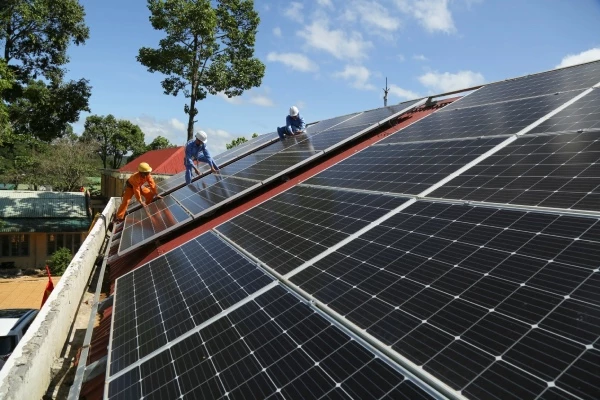
The Ministry of Industry and Trade gave many reasons for the proposal of rooftop solar power at 0 VND when sold to the grid.
The drafting committee of the Ministry of Industry and Trade gave 4 reasons for encouraging the development of self-produced and self-consumed renewable energy.
Firstly, developing self-produced and self-consumed renewable energy for the purpose of self-use and self-sufficiency for one's own needs, reducing electricity purchases from the national power system, and reducing pressure on the power system.
For the purpose of self-production and self-consumption, to stabilize the quality of electricity, and stabilize the electricity supply for organizations and individuals developing self-production and self-consumption rooftop solar power, the Ministry of Industry and Trade has proposed to the Government to allow self-production and self-consumption rooftop solar power to be connected to the national power system, exempted from the electricity operation license. Construction works with self-production and self-consumption rooftop solar power installation do not have to make adjustments or supplement energy land and functions according to the provisions of law; the implementation procedures are simple...
Meanwhile, if developing renewable energy is not "self-production and self-consumption" but business and trading, organizations and individuals must comply with the provisions of the Law on Planning, the Law on Electricity, the Law on Investment, the Law on Construction... and a number of other specialized legal regulations.
Because the development of self-produced and self-consumed solar power is exempted from implementing a number of strict regulations and criteria of the law and has many policy incentives... if electricity is sold, there will be a situation of breaking the national power planning and making it difficult to control the power grid system, causing insecurity and taking advantage of state policies. The demand to sell electricity is also a practical need in life, but the benefits proposed by the Ministry of Industry and Trade in reducing pressure on the national power system and enhancing the ability to safely operate and supply electricity to the grid have not been fully recognized.
Second, although our country's power grid infrastructure has been invested, upgraded, and gradually modernized over the years, it does not mean that it can fully meet all power sources with different power levels. To do that, there must be storage technology, grid system operation and control technology, and a base source of power that can be generated promptly when wind and solar power decline.
In case of encouraging the development of self-produced and self-consumed solar power and allowing unlimited grid connection, the operation of the power grid of Vietnam Electricity Group will face many difficulties and the risk of insecurity of the national power system is very high.
Third, this draft provides regulations for two types of renewable energy development, including those connected and those not connected to the national power system. The zero-VND price policy only applies to excess "self-produced, self-consumed" renewable energy output that is sent to the national grid. The reason why self-produced, self-consumed renewable energy that is sent to the national grid will have a zero-VND price is because the State wants to encourage individuals and organizations to develop renewable energy to meet self-consumption needs, contributing to reducing pressure on the national power system.
Fourth, one of the notable points in the Power Plan VIII is the limitation of the development of self-produced and self-consumed solar power sources connected to the national power system. This is to ensure that the actual scale of these power sources does not exceed the approved plan, thereby avoiding overloading the power distribution and transmission system. The goal is to avoid "breaking" the power source and grid planning, ensuring the stability and sustainability of the national power system.
In addition, the Power Plan VIII also encourages the development of self-produced and self-consumed solar power sources, but is not allowed to sell electricity. This sets a clear direction, focusing on using solar power to self-supply energy for households and businesses, promoting energy savings and reducing electricity consumption from the national grid.
In the current conditions of the transmission and distribution system, balancing the source structure, anti-reverse generation solutions and zero-price purchasing solutions in case of transmission to the national grid are necessary and appropriate, both encouraging self-produced and self-consumed renewable energy and preventing policy profiteering.
Thu An
Source



![[Photo] Panorama of the Opening Ceremony of the 43rd Nhan Dan Newspaper National Table Tennis Championship](https://vphoto.vietnam.vn/thumb/1200x675/vietnam/resource/IMAGE/2025/5/19/5e22950340b941309280448198bcf1d9)


![[Photo] Vietnamese shipbuilding with the aspiration to reach out to the ocean](https://vphoto.vietnam.vn/thumb/1200x675/vietnam/resource/IMAGE/2025/5/20/24ecf0ba837b4c2a8b73853b45e40aa7)
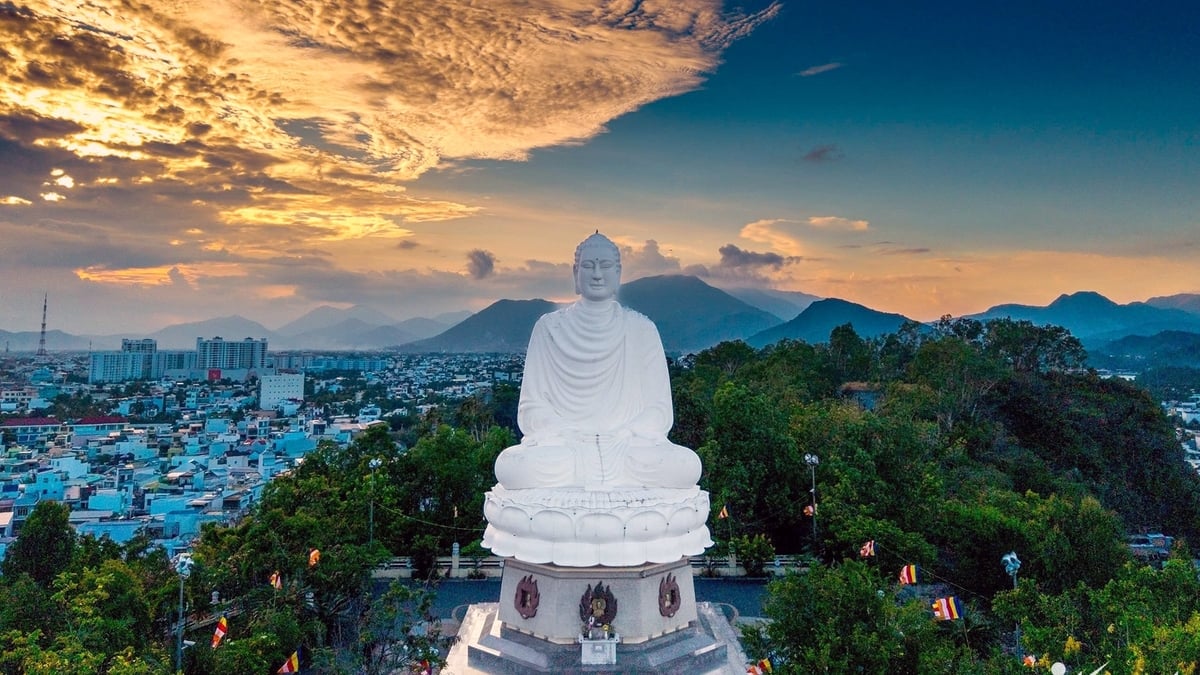
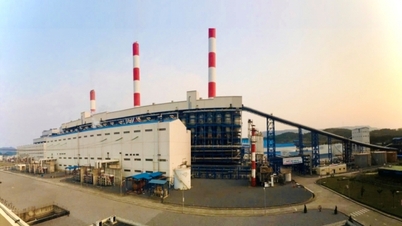

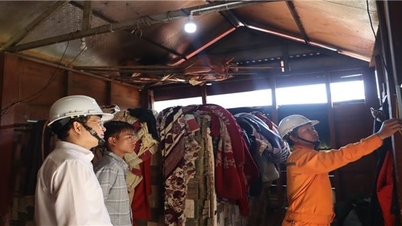













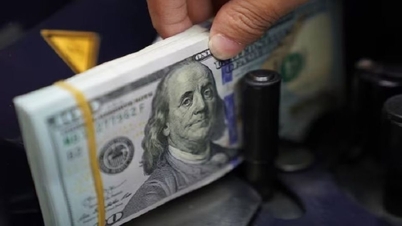





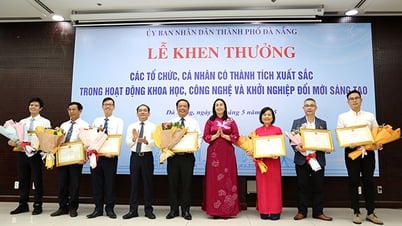
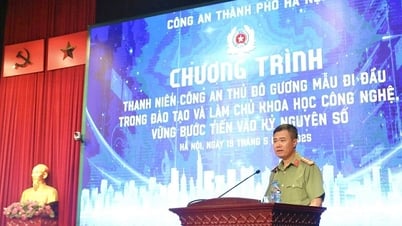



![[Photo] Close-up of Tang Long Bridge, Thu Duc City after repairing rutting](https://vphoto.vietnam.vn/thumb/1200x675/vietnam/resource/IMAGE/2025/5/19/086736d9d11f43198f5bd8d78df9bd41)
































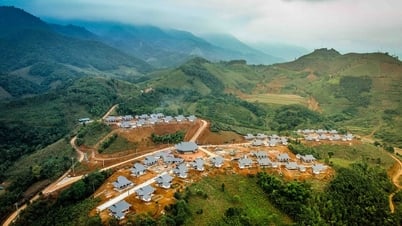


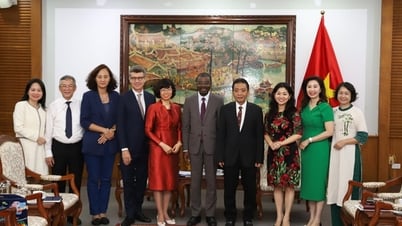












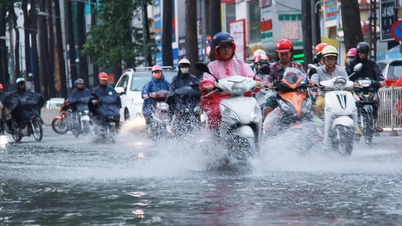












![[VIDEO] - Enhancing the value of Quang Nam OCOP products through trade connections](https://vphoto.vietnam.vn/thumb/402x226/vietnam/resource/IMAGE/2025/5/17/5be5b5fff1f14914986fad159097a677)


Comment (0)